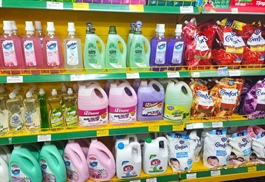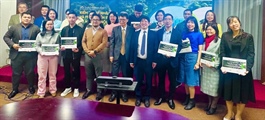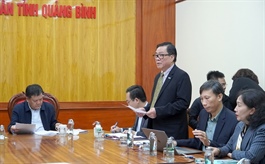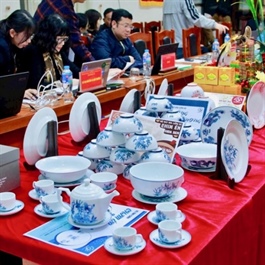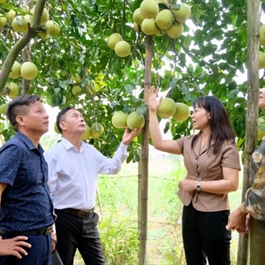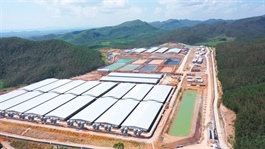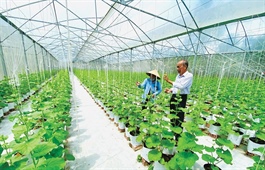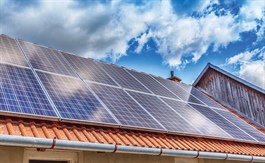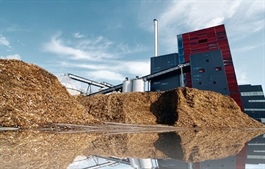Efforts to craft compelling recycling industry for Vietnam
Efforts to craft compelling recycling industry for Vietnam
In Vietnam, recycling is carried out in thousands of craft villages. Only a few businesses certified for environmental compliance by the provincial authorities or the Ministry of Natural Resources and Environment (MoNRE) have the necessary permits. Consequently, infrastructure for recycling poses a challenge in implementing the Extended Producer Responsibility (EPR) framework.
Traditionally, we have relied on households and hundreds of thousands of waste collectors, known as “green warriors”, to gather recyclable waste. Due to the dispersed nature of this collection, it is difficult to accurately estimate the amount of waste being collected annually.
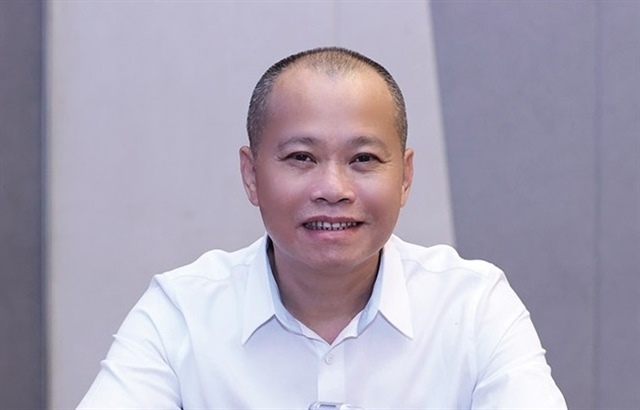
Hoang Duc Vuong, deputy chairman Vietnam Plastics Association |
Additionally, many other products are also subject to EPR implementation, such as tyres, lubricants, and electronic products, requiring substantial capacity for proper collection and environmentally sound recycling. Currently, we are in the early stages of EPR implementation and face numerous challenges.
The EPR policy execution began in Vietnam in 2024. On January 6, the government issued Decree No.05/2025/ND-CP, amending and supplementing provisions from 2022 which details several aspects of the Law on Environmental Protection.
Notably, Decree 05 introduces regulations delegating authority to localities to handle certain administrative procedures regarding environmental issues that were previously under the jurisdiction of the MoNRE. The amendment process has been time-consuming, which is why official guidance in the form of circulars has not yet been issued.
Decentralisation and delegation of authority to localities will empower them to engage and decide on investments and manage environmental issues within their areas. This is expected to mobilise local resources effectively, aligning with recent directives from the prime minister.
We hope that the MoNRE will issue guiding circulars to manage EPR-related activities within the next few weeks, supporting collection and recycling efforts. Currently, manufacturers and brands are eager for these regulations to be enacted to embrace official EPR implementation. Even before detailed regulations and fee structures were in place, leading brands like Pepsi and Unilever have pioneered collection and recycling efforts.
These brands are trailblazers in EPR implementation in Vietnam, and we highly commend their proactive approach. With strong determination from the MoNRE, the government, and the social responsibility of major brands, despite initial challenges, companies will likely be investing significantly to ensure the successful execution of the EPR policy in the forthcoming years. We are hopeful that EPR will achieve remarkable success in Vietnam, as the first Southeast Asian nation to implement such a policy.
Observing the legislative process and the strong commitment of the government and the MoNRE, we have several recommendations. Firstly, we need to develop markets for recycled plastics. For example, recycled plastics can be processed into resin pellets, but these products currently struggle to compete with virgin resin.
When the price of virgin resin drops, recycled resin becomes unsellable, hindering the recycling industry’s growth. This is a major concern for recyclers, even with EPR implementation, provoking the need for the right policies. We can learn from the EU and South Korea, where regulations require plastic products to contain a minimum of 20-30 per cent recycled resin.
Such policy is crucial, as the circular economy for plastic waste is akin to a loop. Without good policy, the loop stalls. To get it moving, we need a ‘push engine’ in the form of EPR policy and a ‘pull engine’ requiring a reasonable percentage (such as, 20-30 per cent) of recycled resin in plastic product manufacturing.
However, these engines alone are insufficient. We need an important additional policy about eco-design. Currently, there is a legal gap in this area, as no regulations exist.
Recently, the Ministry of Industry and Trade invited us to contribute to a guidebook on eco-design. This ambitious undertaking aims to establish mandatory eco-design regulations in Vietnam by 2028, significantly easing the burden on recyclers and reducing packaging production costs in the country.
Another issue is the establishment of quality standards for Vietnamese plastic products, as the move contributes to ensuring product quality, environmental protection, and placing technical barriers against imported products to ensure its quality.
Since its establishment 35 years ago, the Vietnam Plastics Association has actively supported its members through technical training, technology transfer, and guidance on design for recycling. The association facilitates connections between large and small businesses, fostering a market for recycling. Annual conferences and workshops allow businesses to exchange insights on global trends and new government policies.
We also participate in policy development by submitting recommendations to the MoNRE and the government to retain plastics in the economy, serving people without causing secondary pollution. The association engages in media outreach and journalist training on waste management, providing practical perspectives to ensure policy development and support small businesses in environmental protection efforts.







